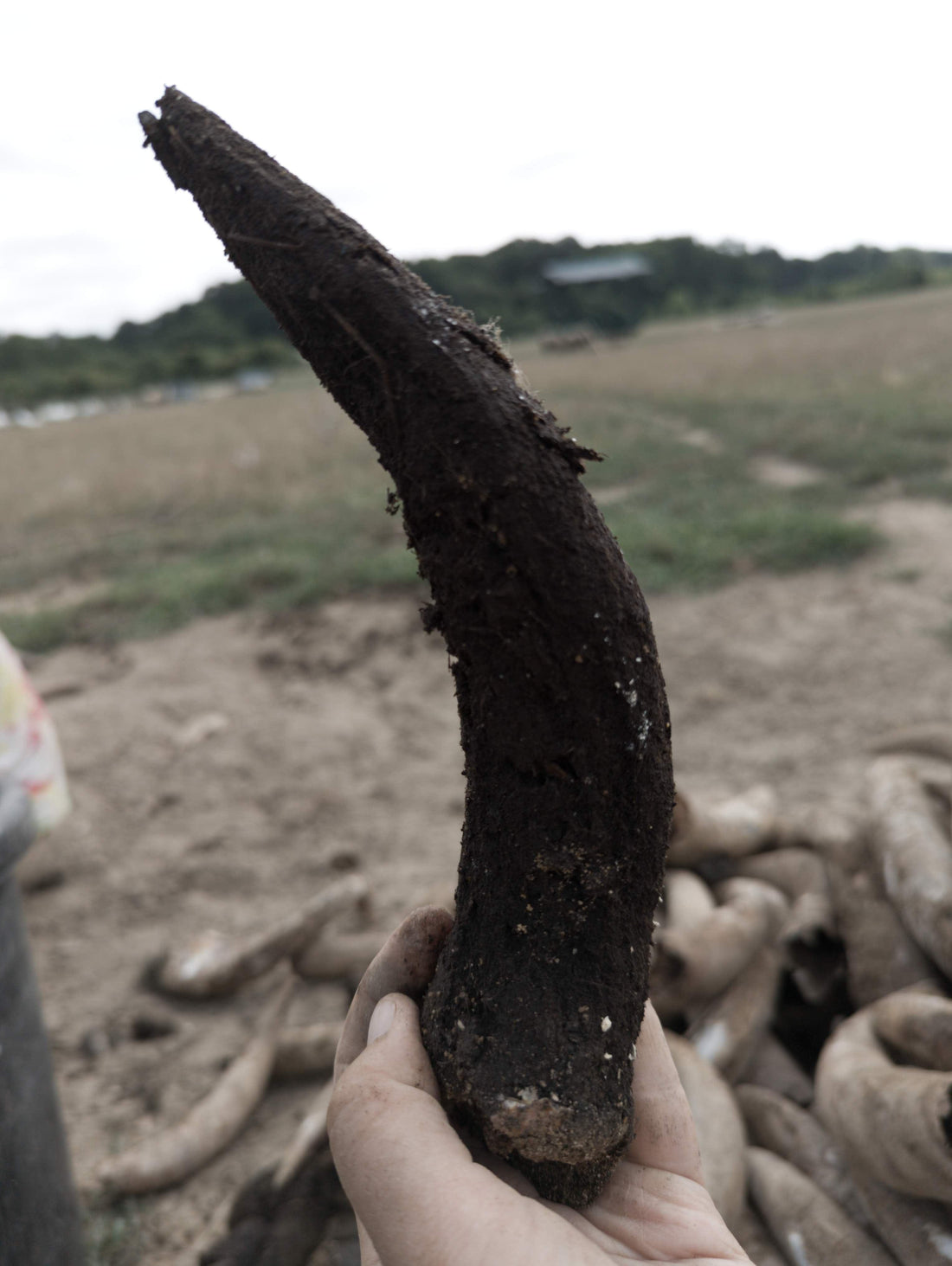Aldous Huxley writes about what he calls "secondary objectivity" which is a phenomenon of intersubjectivity. Consider a (supposedly) sacred site. Let's pretend for a moment that the claimed miracle never happened. But enough people continue to make the pilgrimage and pray -- sincerely -- at that site. Over time, the spiritual "charge" of that spot accumulates to the point that, then, eventually, someone in need of real healing visits, and there is a sort of electrical discharge. For even Jesus remarked that he observed "power has gone forth from me." (Luke 8:46 RSV). A real miracle occurs, and then the holy site, whether legitimate originally or not, now begins to accrue real miraculous stories.
In the Tibetan buddhist tradition, it is not important whether a supposed relic of holy man turns out not to be his bones but rather the bones of a dog or a monkey. An object becomes holy because of the life of prayer of the deceased saint, but even a fake relic becomes holy because of the life of prayer of the devotees imbuing it with loving attention. It has become holy during the extended period of reverence offered to it. In western terms, we might say that such an item is a symbol or an icon that is meant to point to something else entirely. No one except those seeking selfish magical benefits settle their attention on the surface of an icon or the bones of a relic -- it is as if both are portals, windows to a broader conceptual vista.
Likewise, there is an element of "secondary objectivity" to the process of using the biodynamic preparations. Yes, they have their own innate and objective qualities, but the enthusiasm of making them and spraying them out prayerfully brings with it an emergent secondary objectivity. Once more, it is not about whether or not the original process itself was "factual" or "fake" but the direction of the impulse governing the farmer's intention using the biodynamic preparations. If biodynamics is used as a "magic potion" to fix all of a farmer's problems, the farmer is likely to judge biodynamics as "not working" even though biodynamic preparations never claimed to be such a panacea. If, on the other hand, biodynamics is used as a further expression of a farmer's love for the land and for fellow human beings, it can only improve the farm.


